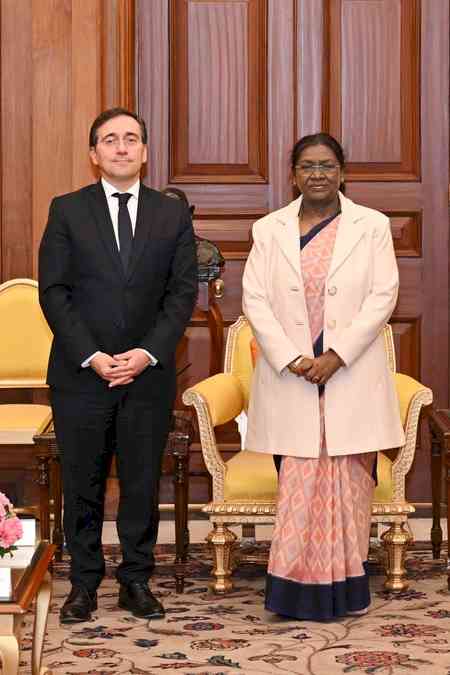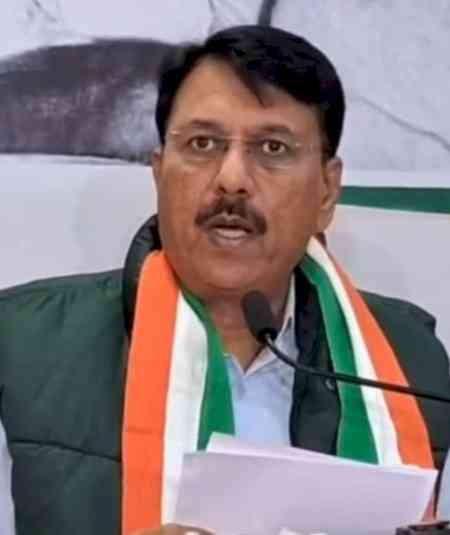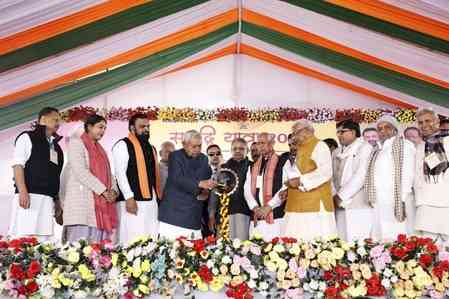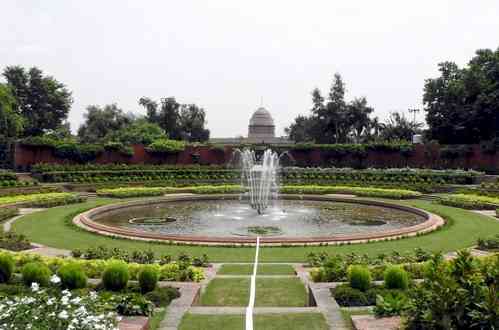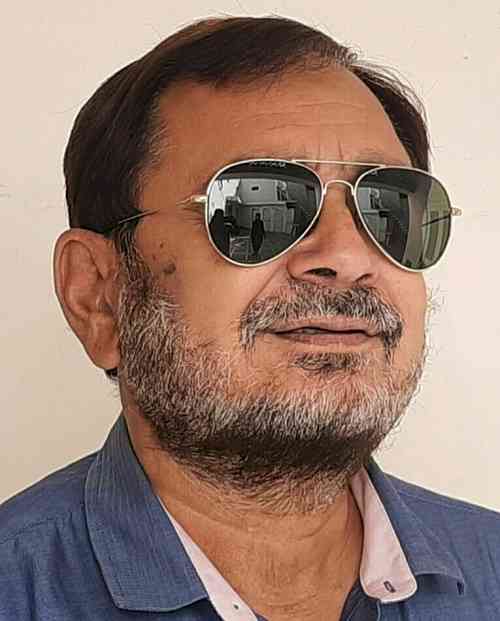India's 2026 BRICS chairmanship defining moment for Global South: Experts
India's 2026 BRICS chairmanship will serve as a defining moment - not only for the grouping but for the wider Global South's push for autonomy and reform in global governance - several top experts reckoned during an event organised in New Delhi on Wednesday.
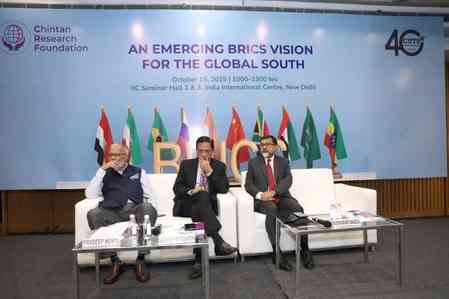
New Delhi, Oct 15 (IANS) India's 2026 BRICS chairmanship will serve as a defining moment - not only for the grouping but for the wider Global South's push for autonomy and reform in global governance - several top experts reckoned during an event organised in New Delhi on Wednesday.
Senior diplomats, policymakers, academicians, and thought leaders gathered during a high-level conference titled 'An Emerging BRICS Vision for the Global South' convened by the Chintan Research Foundation (CRF) in collaboration with CUTS International, to deliberate on how the expanded BRICS grouping can shape a more equitable global order and serve as a cornerstone of South-South cooperation.
They reckoned that as India prepares to assume the BRICS Plus Chairmanship in 2026, the grouping’s expanded framework offers New Delhi a strategic opportunity to articulate a coherent vision for the Global South and to transform symbolic victories into structural development.
For India, BRICS Plus represents both an economic and geopolitical platform to advance South-South cooperation, reform global governance institutions, and strengthen collective self-reliance across critical sectors such as finance, technology, and energy transition, it was highlighted at the event.
Delivering the keynote address, Sudhakar Dalela, Secretary (Economic Relations) at the Ministry of External Affairs (MEA), reinforced PM Modi's statement about BRICS Presidency of India. "BRICS has evolved beyond an economic grouping into a dynamic platform for the Global South’s strategic and developmental aspirations," he said.
He noted that India's upcoming BRICS chairmanship in 2026 presents a historic opportunity to institutionalise cooperation across key areas such as digital public infrastructure, sustainable finance, and resilient supply chains. "The next phase of BRICS cooperation will be defined by how effectively the grouping integrates technology and trade policies. Therefore, BRICS Plus must leverage its vast resource base to develop joint ventures in rare earth extraction, renewable energy, and green manufacturing."
Earlier, welcoming the delegates to the conference, Shishir Priyadarshi, President of the Chintan Research Foundation, highlighted that BRICS is not an alternative to the existing world order, but a corrective and a mechanism to democratise decision-making prioritising the needs of developing countries. "Sustained engagement between governments, private sectors, and knowledge communities would be key to translating the BRICS Vision into actionable partnerships. In turbulent times, the BRICS presidency in 2026 will give India exceptional opportunities," he stated.
The day-long conference featured two thematic sessions focusing on Multilateral and Monetary Architectures for South-South Cooperation and Strategic Resource Security and Technological Sovereignty. Panellists explored how the BRICS Plus framework can enhance financial resilience, promote alternative payment mechanisms, and strengthen collaboration in critical minerals, energy transitions, and frontier technologies.
"The Global South today stands at an inflection point. For the first time since the Non-Aligned Movement, developing countries have a collective institutional platform capable of influencing the rules of global trade, technology, and finance," said Pradeep S Mehta, Secretary at CUTS International.
Acting High Commissioner of South Africa to India, Cedrick Crowley, in his remarks, emphasised that BRICS countries have the responsibility of South-South Cooperation, from reactive measures to proactive, and inclusive development in the Global South.
"We need to have a new paradigm of multilateral cooperation- BRICS being a major framework; we must have multilateral banking institutions, which are critical for Africa's development. Right now, there is no collective BRICS approach to the challenges being faced from the US. But, at the moment, the new scenario encourages us toward more trade between Asia and Africa," the Ambassador reckoned.
Former BRICS Sherpa, Sanjay Bhattacharya remarked that BRICS needs to embrace technology in a much broader way.
"Rules-based and inclusive BRICS Plus ecosystem can serve as a stabilising force amid growing geopolitical fragmentation. For this reason, South-South partnerships must now move beyond declarations to delivery - through joint investments, digital partnerships, and shared innovation ecosystems," he said.
Ambassador Dammu Ravi, Former Secretary (Economic Relations), MEA, added that a coherent BRICS strategy for energy transition and green hydrogen could reshape global value chains. He emphasised that the dollar isn't as important to drive our economy, so for an alternative currency within BRICS, it doesn't have to be Chinese currency either. In that case, a currency like Petro-Yuan is a good choice, given that it satisfies the criterion for a common currency.
"BRICS countries have immense capabilities in the technological space. As we enter Industrial Revolution 6.0, quantum physics is going to play a crucial role, so 2026 will determine the leading role of countries that are technological giants," the seasoned diplomat mentioned.
--IANS
/as


 IANS
IANS 
